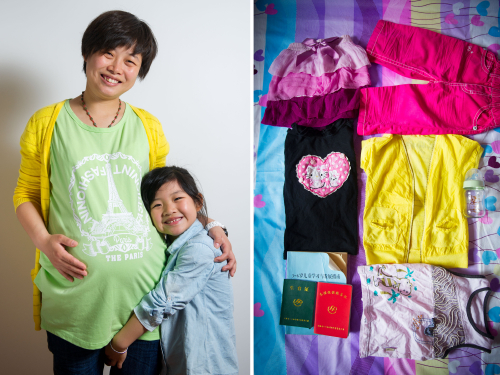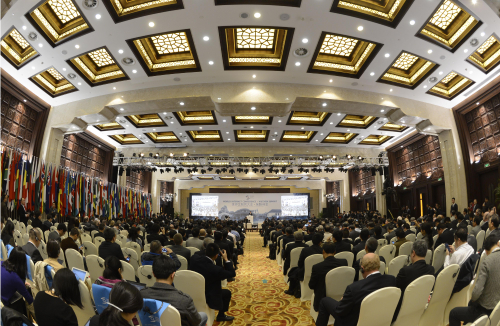|
 |
|
Zhao Jiufa, a migrant worker from Guizhou Province, shows his new hukou booklet and identity card in Jinjiang, Fujian Province, on June 26 (ZHANG GUOJUN) |
New Household Registration Policy
The State Council unveiled new guidelines that reform China's household registration, or hukou, system on July 30, which state that urban and rural residents will no longer be registered separately, a move to put an end to a dual household registration system that has divided the nation into rural and urban populations since the 1950s.
The guidelines also said that towns and cities should relax restrictions on household registration according to local conditions and expand basic public services to cover all permanent residents.
The guidelines mark a new step in China's urbanization drive. Currently, China is still going through a rapid process of urbanization. Relaxing restrictions on the urban hukou will help migrant workers and their families settle in towns and cities and enjoy equal social benefits with locals.
 |
|
Li Lei, who has been pregnant for more than four months, and her daughter Wang Lingxuan pose for a photo at their home in Hefei, Anhui Province, on May 9 (DU YU) |
Second-Child Policy
In December 2013, the NPC Standing Committee, China's top legislature, decided to ease the country's decades-long family planning policy and allow couples to have two children if either parent is an only child, in a bid to raise fertility rates and ease the financial burden on China's rapidly aging population.
On January 17, the birth control relaxation was first implemented in east China's Zhejiang Province. Since then, local governments around the country have gradually revised their family planning regulations.
Although 11 million couples have been granted a permit to have a second child, only 700,000 of them have filed birth applications, according to the latest statistics from the National Health and Family Planning Commission.
 |
|
The three-day World Internet Conference opens in Wuzhen, Zhejiang Province, on November 19 (HAN CHUANHAO) |
An Internet 'Davos'
The first World Internet Conference was held in Wuzhen, a typical southern waterfront town in east China's Zhejiang Province, on November 19-21.
The conference saw roughly 1,000 Internet professionals, officials and experts from more than 100 countries and regions in attendance. Founders of China's top three Internet companies Alibaba, Tencent and Baidu as well as executives from global giants including Apple, Amazon, Google and Facebook also joined the gala.
Chinese President Xi sent a congratulatory note to the ceremony, hoping countries can jointly build a cyberspace of peace, security, openness and cooperation and an international Internet governance system of multilateralism, democracy and transparency. | 